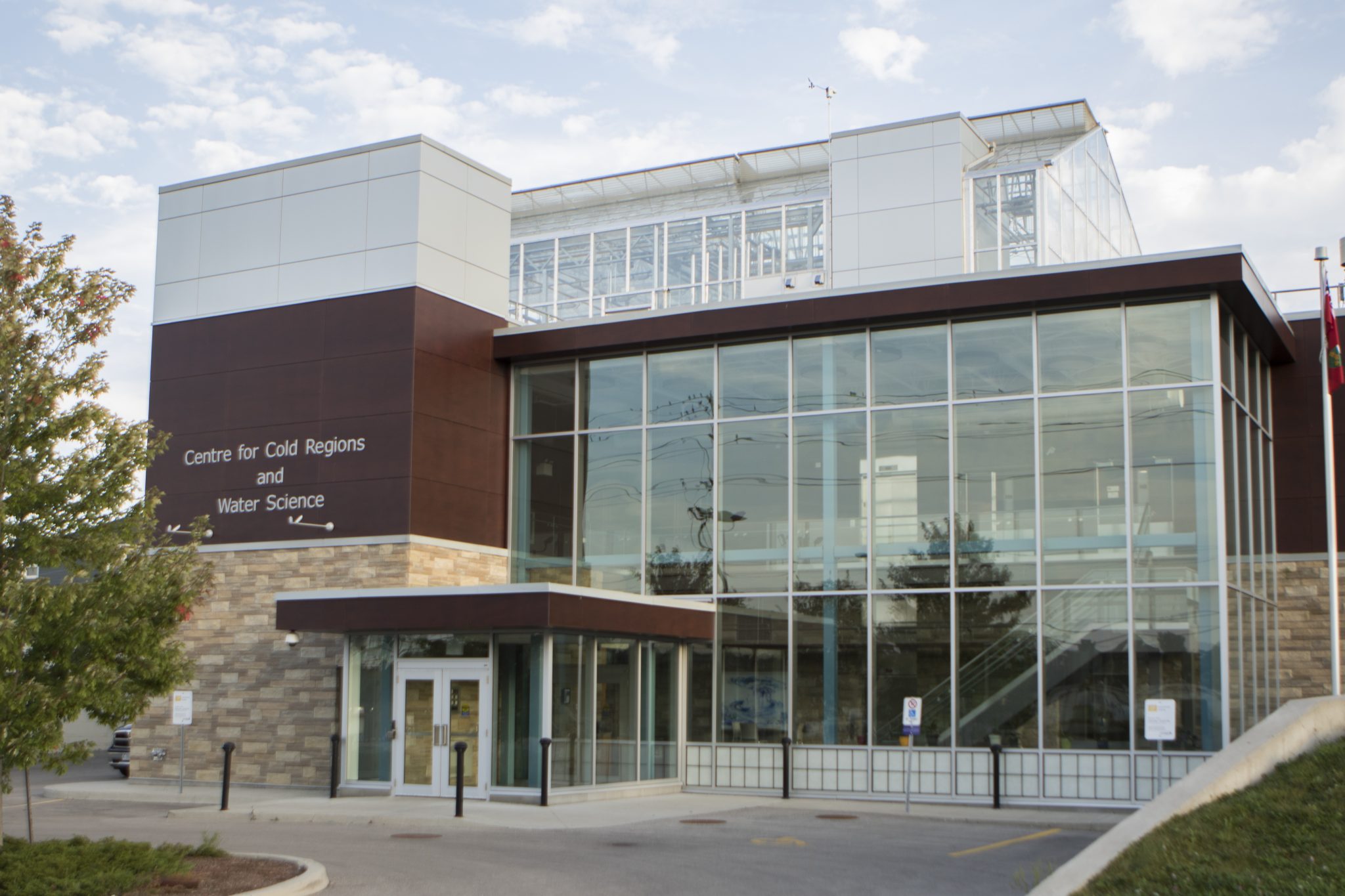Laurier opens new official research office in Yellowknife


On Sept. 25, Wilfrid Laurier University hosted the grand opening of its new research office in Yellowknife, Northwest Territories.
The opening of this new office in Yellowknife is representative of Laurier’s broad focus on conducting research pertaining to environmental matters in the north.
This focus has been facilitated by a ten-year agreement the university made with the government of Northwest Territories back in 2010.
Robert Gordon, vice president: research at Laurier, commented that the purpose of the agreement was to help Laurier expand upon their research in the north, as well as to learn more about the various pressing environmental concerns that the Northwest Territories have been facing.
“Our hope is that this relationship that we’ve established with the government will grow and be stronger and better and that there will be resources provided to Laurier but also our people, students and staff, graduate students, faculty, will continue to play leadership roles here in making the Canadian north better,” Gordon said.
“Another area that we’re looking at doing is having a much stronger knowledge mobilization or service role within the region, but certainly for now, the primary focus is strictly on supporting research programs that do work up here in the Northwest Territories,” Gordon said.
Among Laurier’s various research centres dedicated to studying environmental matters in the north is the Cold Regions Research Centre (CRRC). The CRRC is housed alongside the Laurier Institute for Water Science, another centre that does research pertaining to the north, in a recently constructed facility on the Waterloo campus.
“In many ways, that building was supported initially through the partnership. So when that was established, we received significant funds from the government of the Northwest Territories to help build that,” Gordon said.
Further external funding allowed Laurier to establish the new research office in Yellowknife.
“A strong catalyst for our physical presence here with the office has been through a major grant that we got in partnership with the University of Saskatchewan, [the University of] Waterloo, and McMaster University called Global Water Futures,” Gordon said.
“We were the recipients of 78 million dollars over the next seven years to do world-class research in areas related to water management in the north,” Gordon said.
Gordon was confident that the research office would help facilitate the work Laurier researchers were already doing in the area.
“Having an office provides, I think, a much better structure for how our students, faculty, and staff are engaged in activities here,” Gordon said.
Beyond the more typical work that researchers plan to be performing in the area, Gordon hinted at the possibility that they could branch out and work on more community-focused projects.
“Another area that we’re looking at doing is having a much stronger knowledge mobilization or service role within the region, but certainly for now, the primary focus is strictly on supporting research programs that do work up here in the Northwest Territories,” Gordon said.
When asked about plans to establish similar research offices around the north in the future, Gordon was noncommittal.
“If we see the fact that there’s opportunities for us to really have other researchers embedded year-round in other locations in the north, we very well may do that,” Gordon said.

